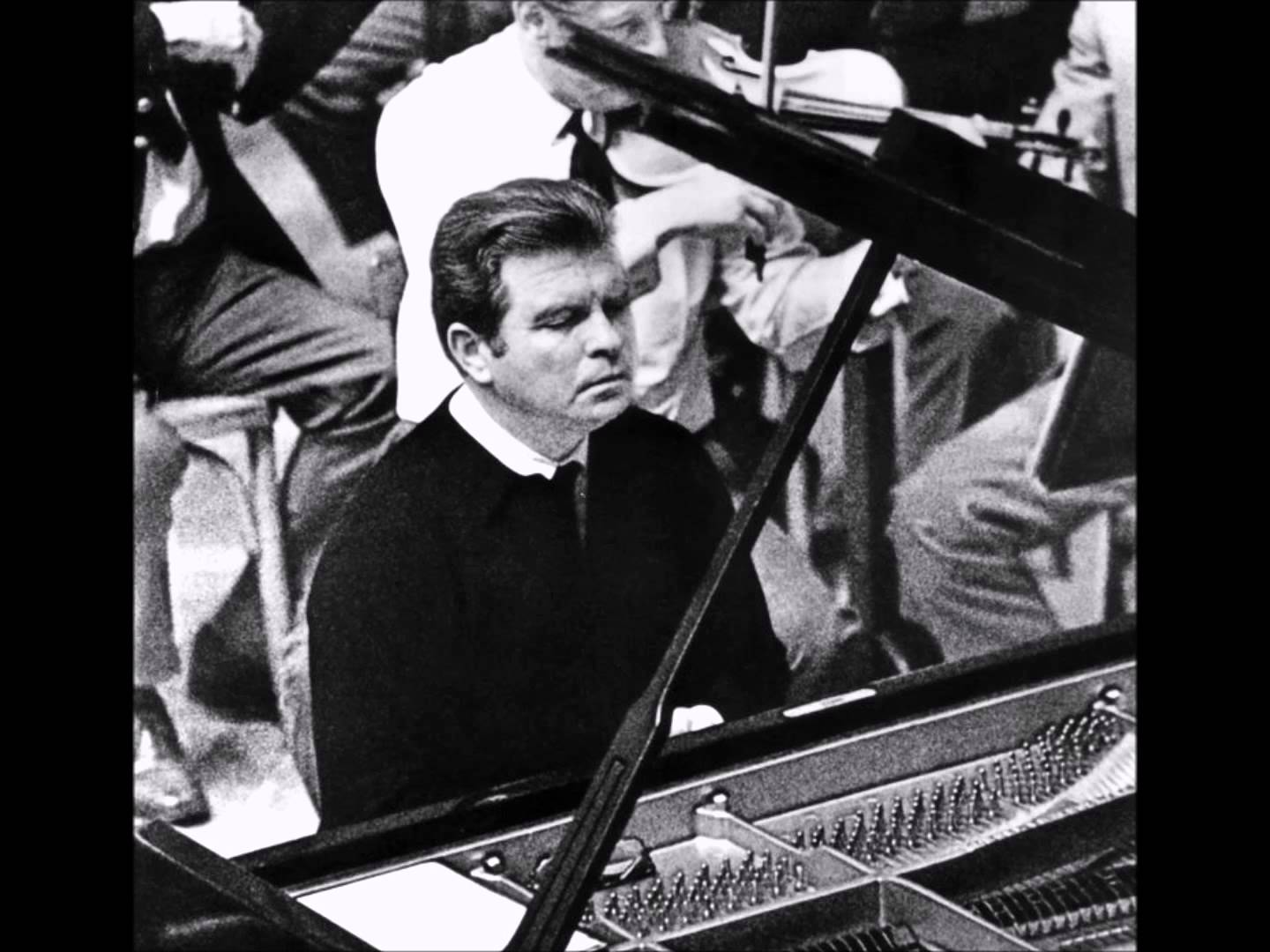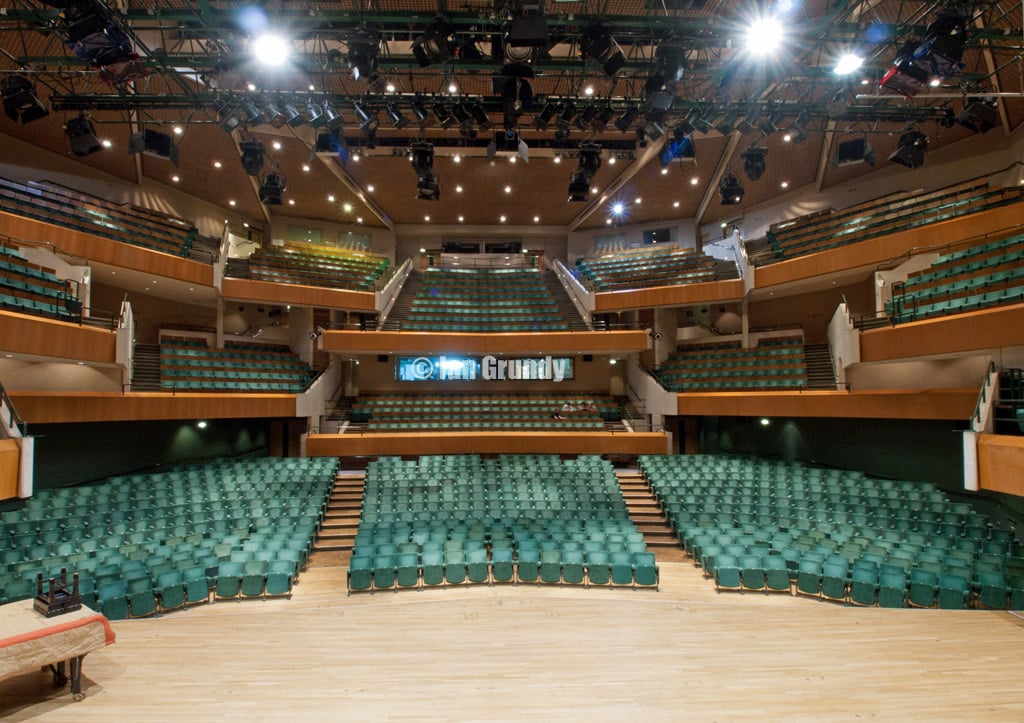Why Is Emil Gilels missing from the Moscow honours board?
mainA memoir by the Swedish pianist, Lars Jönsson:
When I studied in Moscow from 1990 to 1993, there were many people with personal memories of Gilels, and the love and admiration for his art was still very much felt. One of the most surprising things to me, though, was that Gilels’ name was not on the ‘golden wall’ outside the small hall of the conservatory. That wall showed the names of students who passing their exams with distinction, such as Rachmaninov, Scriabin, Richter etc. – an intimidating list when you are a student.
Strangely, Gilels is not on that list. I asked my professor, Lev Naumov, himself a student of Heinrich Neuhaus. He said he had never thought about it.
One of the theories offered to me was that Gilels, due to his early success, never finished his studies at the conservatory. Another rumour was the strained relationship with Neuhaus, who was fascinated by Richter, leaving Gilels – to some people’s opinion – hurt and jealous. But in what way this had, or hadn’t to do with his name not being mentioned, no one could tell.
I personally think he didn’t do his exam due to all his concert obligations.
As a teacher in the conservatory, he was famous and feared for his strictness and austerity. This side of his personality obviously affected his fellow teachers. Because of this, he wasn’t very popular ‘v kons’.
His recollections about his own studies in Odessa with his first, and as he says, only teacher are very touching. He believed that one should either teach, or perform. Teaching requires full commitment to the student, something he had with his own teacher, and performing would always be in conflict with this.
But he was required to teach in Moscow, and so he did.

*
A colleague of mine once saw him some minutes before he was to go on stage for a recital in Moscow. He told me Gilels was standing behind the stagedoor, pale and with closed eyes mumbling “ne mogu, ne mogu” (I can’t, I can’t).
Gilels and the other great musicians of his time and place faced constant demands and threats from the Soviet regime, often making them play concerts they didn’t want to play.





Thank you for the fascinating note! – am just watching Gilels perform Tchaikovsky’s Third on TV in Moscow and am speechless at the technique and precision. Matsuev comes nowhere close. I was prompted to do a Web search of Gilels and was interested in your question. Surely there is more to it?
as far as gilels being hurt and jealous of richter, i seem to recall an article [ny times?] around the time of his new york debut wherein he said if you think i’m good, wait til you hear richter.
If I remember correctly, Gilels had international stardom and recordings long before Richter was performing in US. Also, Gilels repertoire was broad while Richter was introduced to US with Brahms 2.
Emil Gilels graduated in1935 from Odessa conservatory. The goverment sent him to study at Moscow conservatory aspirantura. This maybe why Gilels name’s not on the board. He wasn’t very happy with H.Neihaus teaching.
Unfortunately Swedish pianist understood nothing in Gilels’ personality and his pianism, as well as he knows nothing about his biography. Gilels never graduated from Moscow Conservatory, therefore his name not (and should not be) on this wall. Gilels graduated from Odessa Conservatory where his teacher was one of the best piano teachers of that time: Prof. Berta Reingbald. He admired her and always told that she was his only teacher. Neuhaus was his teacher in postgraduate studies, but it was not a good match. By the time when Gilels was in Moscow Conservatory he already was a 1st prize winner of Queen Elisabeth competition in Bruxelles and was well known musician. I an really astonished by the fact that such a distinguished music writer as Norman Lebrecht does not know such well known information. I was lucky to hear Gilels performances many times. It always was like miracle, especially his last performances in Moscow and St. Petersburg.